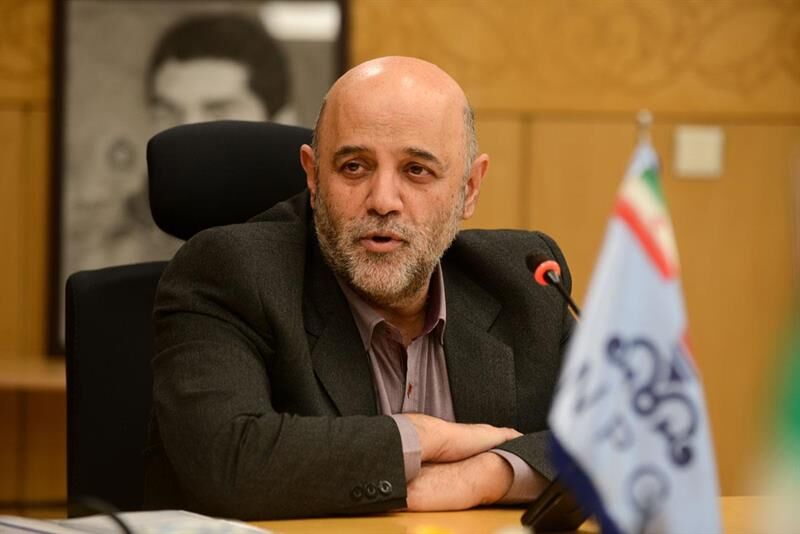Saeid Baghbani stated that Iran currently holds a 2.7 percent share of the global petrochemical market and about 30 percent of the market in the Middle East.
He noted that attracting new investments and increasing production capacity would enhance Iran’s regional and global share in the industry.
"The petrochemical industry plays a critical role in the national economy and industrial sector," Baghbani said. "As a producer of a wide range of products, it supports and supplies other industries, especially downstream sectors."
He highlighted that last year, Iran’s petrochemical sector supplied about 12.7 million tons of various products to the domestic market, meeting the needs of approximately 15,000 downstream units. He added that petrochemical plants are actively producing to address market demands.
Baghbani underscored the need to move toward producing final products and reducing raw material exports to create greater value.
"Completing the value chain is a key strategy for the industry, and we must fully utilize existing capacities to achieve this goal," he said.
He pointed out that base products such as methanol, ammonia, and propylene should be converted into diversified products to minimize raw material exports in the petrochemical sector.
Baghbani also stressed the importance of attracting new investments in the industry.
"Under the seventh development plan, more than 60 projects with an average completion rate of 50 percent, valued at $24 billion, are underway. Half of the funding has been secured, but an additional $12 billion is needed to bring these projects to full production," he explained.
He concluded by emphasizing that aligning development with the use of modern technologies is essential. "Efficient human resources and advanced technologies will pave the way for progress. By harnessing domestic capabilities, we can achieve the planned development goals for the petrochemical industry."


Your Comment